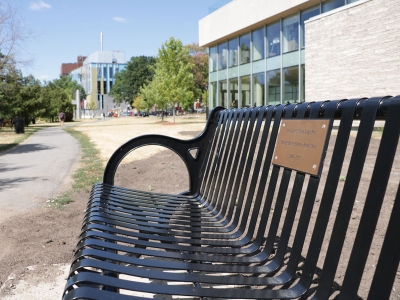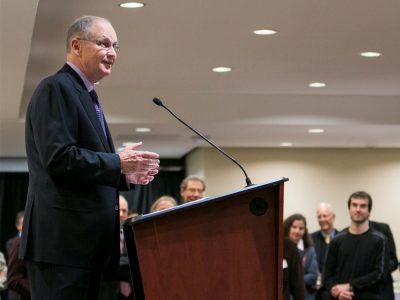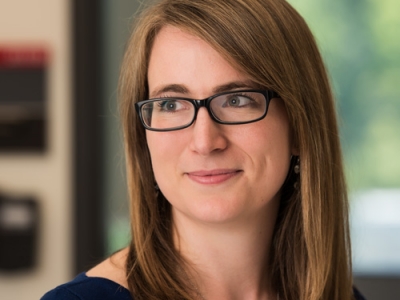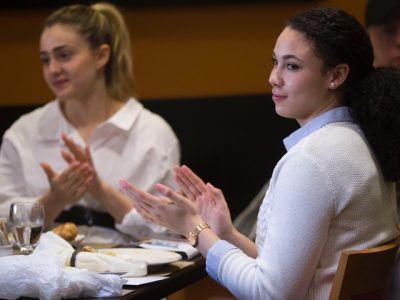By Brenna Mackay
To create a just city, what needs changing, reimagining and remaking? That question was at the centre of the Healthy Cities panel hosted by the Faculty of Arts and Social Sciences on Jan. 19, 2021.
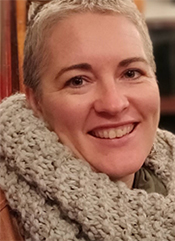
Valerie Stam
The online conversation brought together community activists, professionals and academics to discuss ways to create cities that have anti-colonial, anti-racist and feminist frameworks at the core of city planning.
The event was moderated by City for All Women Initiative’s (CAWI) Executive Director, Valerie Stam, and community advocate, labour and human rights lawyer, Patricia Harewood.
“COVID-19 has revealed to many of us the cracks that exist in our society,” Harewood acknowledged in opening remarks.
“We need to create just societies and just cities which emphasize communities of care, healthy neighbourhoods and neighbourhoods with gender and racial justice.”
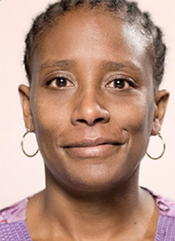
Patricia Harewood
Stam noted the murder of George Floyd last summer highlighted how racialized people are policed differently and more violently than whites. This has become a prominent focus of CAWI’s work in the past year as they continue to advocate for gender and racial justice.
The panel engaged ideas, actions and practices related to: housing for people and not-for-profits; caring communities; and feminist, anti-colonial, and anti-racist planning and decision-making in times of COVID-19 and beyond. Featured panellists included Hayley Millington, Julie Tomiak, Hayley Millington, Naini Clouthier and Ifrah Yusuf. Each panellist shared what a truly just society might look like.
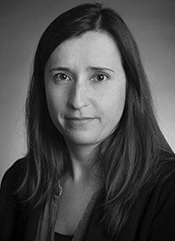
Julie Tomiak
“Going back to normal after the pandemic doesn’t hold the same appeal and promise for everyone,” explained Tomiak, professor at Carleton’s School of Indigenous and Canadian Studies.
“Settler colonialism is baked into how cities are known, designed, governed, and how care is conceptualized.”
Tomiak continued by reinforcing that we must give life and material consequences to the acknowledgement that we are on unceded Algonquin territory and how the Land Back movement highlights the importance of returning the land we occupy to the original occupants.
“A just city makes it possible for Indigenous people to maintain and restore relationships that are informed by the land itself, informed by what the land can teach us about living our lives in relation to one another” she added. “Understanding the city as Indigenous land would be transformational towards Indigenous rights.”
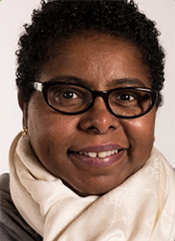
Hayley Millington
Federal public servant and activist, Hayley Millington, is currently serving as the Union of National Employees’ National Equity representative for its racialized members.
“It is time for us to take a hard look at our institutions, structures, the way we interact with each other, and the way we perceive the structures that are already in place,” said Millington.
She underscored the need to include voices of marginalized and racialized individuals in the conversation around anti-racism, arguing that cities cannot be rebuilt without the input of those who are experiencing inequality.
“If we as individuals, governments and municipalities are committed to the task at hand and are prepared to have difficult conversations, as our city rebuilds and recovers, we will see the change we are hoping for,” she explained.
Naini Cloutier brought her experience as executive director of the Somerset West Community Health Centre (SWCHC). In the context of COVID-19, Cloutier shared that a city is not just one when front-line workers in long-term care homes are sleeping in a shelter at night. Or when more than 8,000 people are living in shelters. Or when people are forced to choose between rent and food, among many other examples.
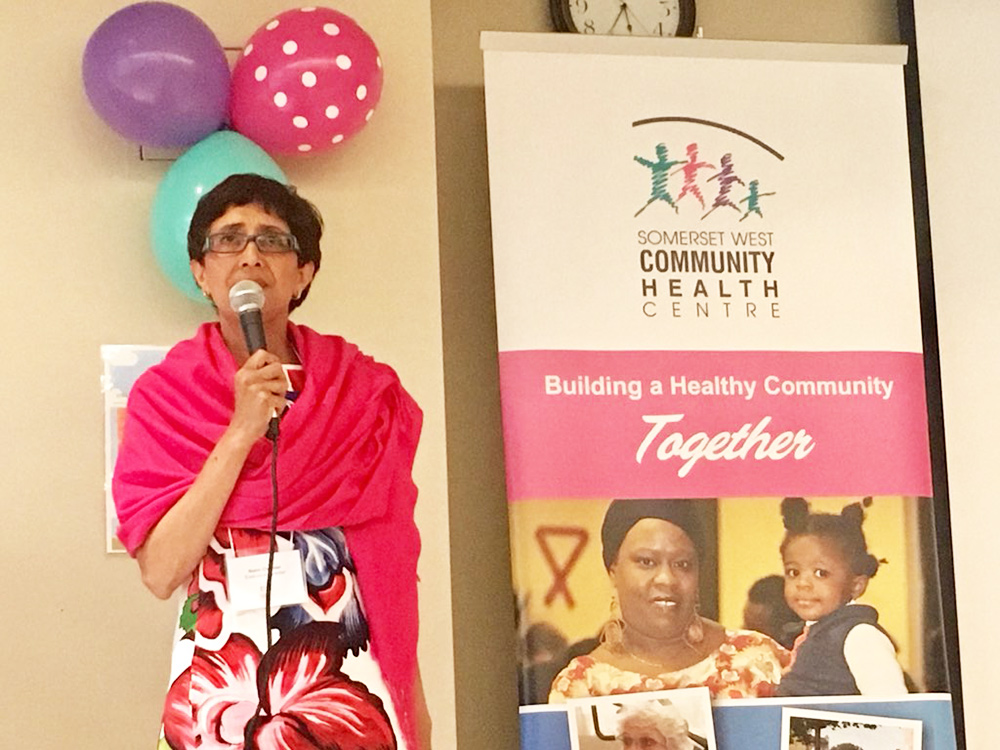
Naini Cloutier
“When our premier asked everyone to stay home, it would be a just city when everyone has a home to stay in, rather than short-term solutions” explained Cloutier. At SWCHC, they take a holistic approach to address community issues like housing, poverty, systemic racism and substance use.
She shared her vision of a just city is one where people are prioritized over profit, and there are sustainable investments into social services, mental health and transportation. She also argued that it is important for cities to take a preventative approach, rather than a reactive one.
To conclude, Cloutier said that a just city is one “where the community voices are incorporated into all decision-making, especially those facing the greatest barriers to access because they are the ones who are most impacted when policies are unjust.”
“My meaning of a just city is one where Black, Indigenous and other racialized communities feel safe, specifically from police,” explained Ifrah Yusuf, co-chair of the Justice For Abdirahman Coalition, an Ottawa-based group made up of primarily young Black activists.
The objective of this campaign group is to obtain greater transparency, challenge racial inequity, and bring an end to bureaucratic processes that obstructed justice for the late Abdirahman Abdi. Abdi was a 37-year-old Somalian Canadian man who died during an encounter with the Ottawa Police in the summer of 2016.
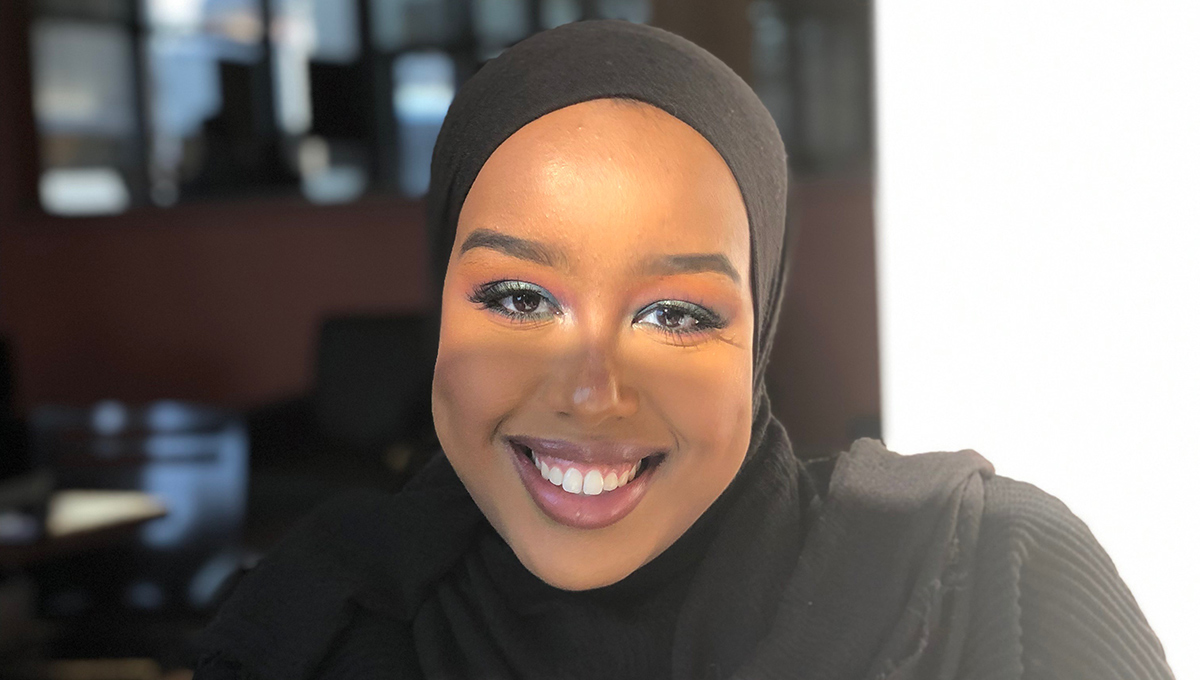
Ifrah Yusuf
“We need to see a lot of restructuring, a lot of changes and a new way of policing,” she said. “How I see that happening is from the top, those who hold the police accountable, our politicians and local leaders.”
Yusuf said there is a huge distrust between police and the community and it’s important that those in power listen to the voices of those who are being impacted.
“We need to see that the politicians that we vote in, and who are there for us, really listen and learn to what the community wants and needs,” she added.
“They need to restructure their system based on what the community wants and needs from them to hold the police accountable.”
From the initial question, the conversation expanded to a fruitful discussion on topics including what a just city physically looks like, how to address the affordable housing crisis and ways that cities can support the process of decolonization and reconciliation throughout COVID-19 and beyond.
Visit the Faculty of Arts and Social Science’s website to learn more about the Healthy Cities series and upcoming panels.

Tuesday, January 26, 2021 in Events, Faculty of Arts and Social Sciences
Share: Twitter, Facebook
